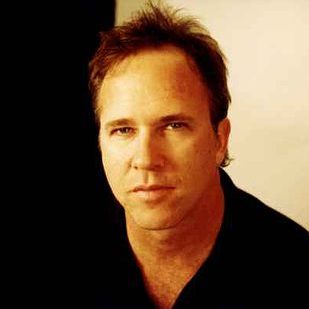Belting It Out In The Bible Belt
Fort Worth Star Telegram, Faith & Spirit, Religion Section
By Beau Black
The epicenter of the Metroplex Christian rock scene lies at the edge of Deep Ellum, an unlikely spot strategically chosen to provide a counterpoint to the bars and clubs down the street. The Door is the most visible part of Russell Hobbs’ passion for fusing the arts and faith.
The club, he says, serves three purposes.
It’s a “doorway between” the church and those outside it.
Some people come in with the mind-set that Christians live and dress a certain way, that their behavior fits in a certain box labeled “Christian,” Hobbs says.
“We get people who come in all the time who say ‘Man, I can’t believe that’s a Christian band, that [Christians] hang out in a club, or wear normal clothes.” They don’t know that God’s not in that box,” Hobbs says.
Hobbs also sees The Door as a place for artists to come and develop their talent and, as an all-ages venue, an alternative for kids who might otherwise “drive around, drink smuggled beer and get into trouble.”
Based on The Door’s success in Dallas, Hobbs opened a club in Fort Worth across the street from Billy Bob’s, and he hopes to open another in Plano next year. He’s also developing artists through his independent Crucible label, artists such as Kasey Curtis, Heather Clickard and new band Dim Reflection.
Several labels are now courting Hobbs’ two flagship acts: Fervent and Sparrow are after guitar pop band Blisse, and inpop is luring gutsy singer/songwriter Ramsie Shick, in limbo for three years with the ill-fated Squint label. Hobbs has designs on a deal that will get the artists the right exposure.
“First, I don’t want them to be limited to just the Christian market. God’s worked hard to get Christian music out of the church box,” Hobbs says, citing the mainstream success of Sixpence, P.O.D., and Lifehouse. “There’s an exodus out of [contemporary Christian music] for real artists to go out and speak truth to the world. What we want to do is work with people who are like-minded,” he says. “We don’t want our artists trapped into driving around the country in a van playing to Christians.”
Hobbs wants to see his artists follow the path he’s walked, building a bridge between secular and sacred.
